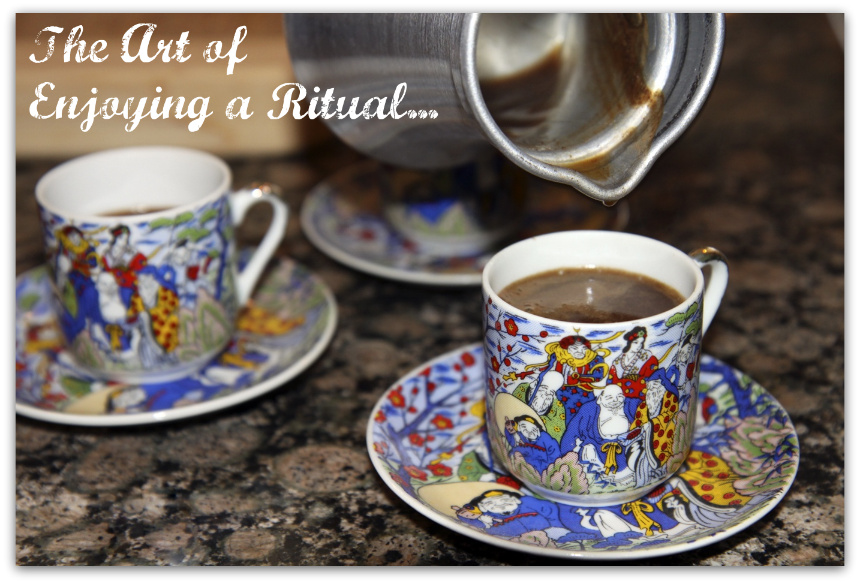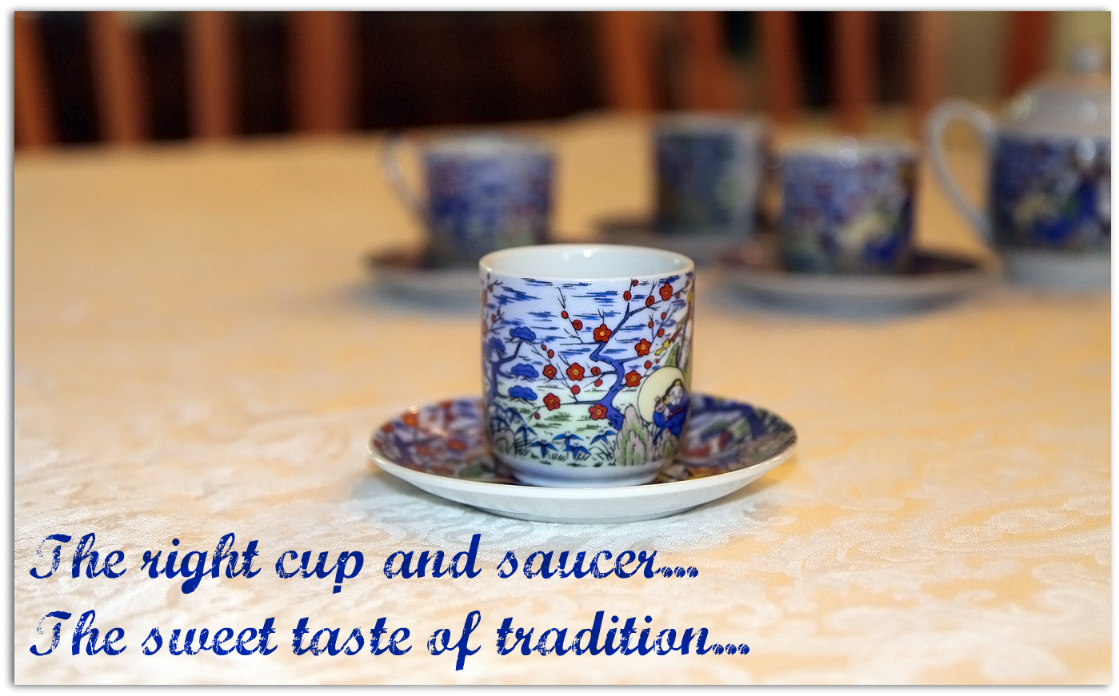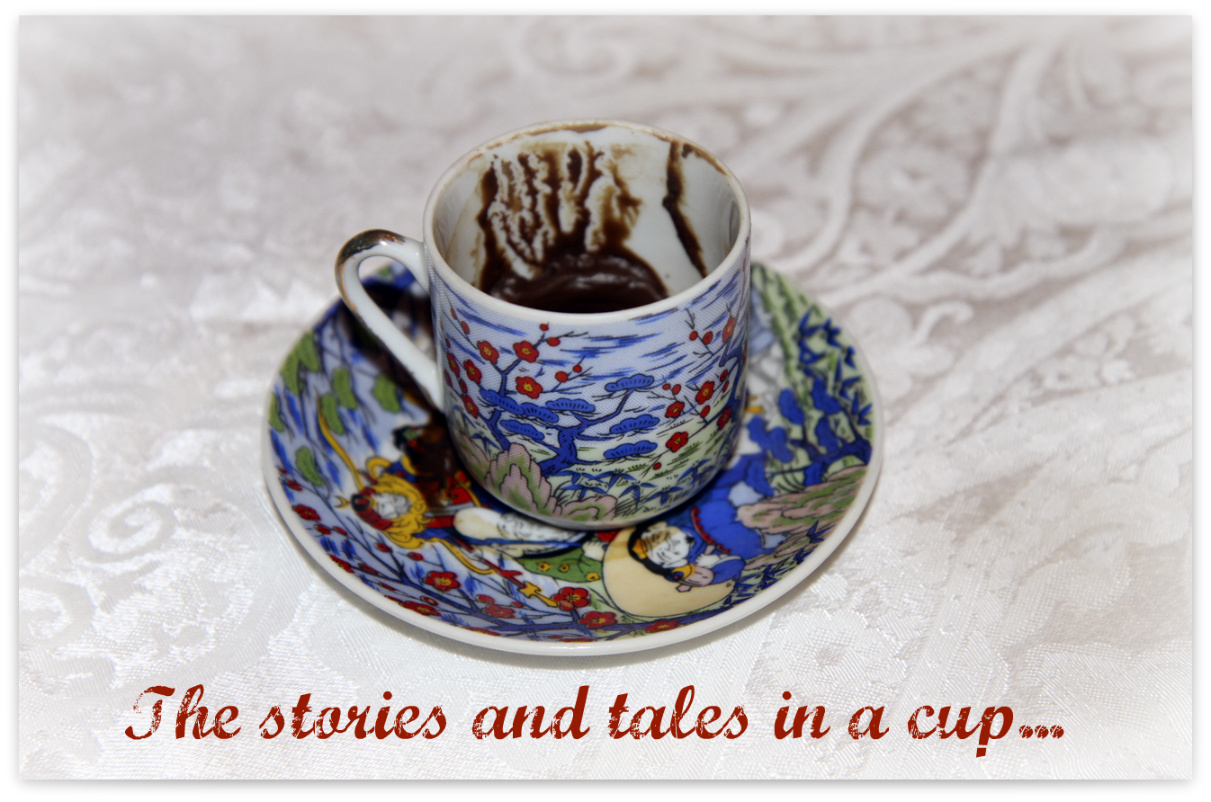If you ever leave your home country for another, you will no doubt gain a world of experience and adventure but you will still have to make some sacrifices, no matter who you are and whence you come. Let giving up your traditions not be one of those sacrifices!
Ah traditions! It may be the one thing of which Iranians have no shortage.
There is a tradition surrounding nearly every act and way of performing the ordinary stuff in life. There is a tradition on how to handle a compliment so as not to be jinxed yet remain polite and gracious in the process.
There is a tradition on how to accept food offered to you as a guest by resisting it the first 3 times you are offered, only to politely accept on the 4th occasion. There are no less than 200 traditions surrounding the everyday acts of getting married, having children, going on vacation, buying a home, and saying proper goodbyes at the end of a visit. Sometimes I think there is more than sufficient pretense and superstitions around my own culture and then the overwhelming warmth and kindness tips the scale. I love traditions, even the wacky Iranian ones!
The everyday traditions aside, the many cultural traditions are enough to keep one busy all year long. There is a tradition of Charshambeh Suri where people light bon fires and jump over open flame fires on the last Tuesday night of Iranian year (which starts March 21st, first day of spring).
There is the tradition of growing grains of lentils, Sabzeh, as a symbol of prosperity, for the new year table (Haft-sin) and there is the tradition of properly discarding of it exactly on the 13th day of the new year during the event of Sizdah be Dar.
Custom suggests that you throw the Sabzeh down a river as they are believed to take all the pain and bad luck that they may have attracted from your household, leaving only prosperity and wealth behind. There is the tradition of staying up most of the night and eating the last fresh fruit of the summer during Shabe-h Yalda, the longest night of the year (winter solstice).
One of the genius poets of 13th century, Saadi, wrote of this night “The true morning will not come, until the Yalda Night is gone.”
Then there is the tradition of burning Esfand seeds to avert the evil eye, the eyes of those jealous and envious of you, a ritual that is widely attested in early classical Persian literature and practiced by many traditional and modern Iranians today. The list, really, goes on and on. It is a study onto itself, this sea of Iranian traditions.
 My favorite tradition is not so much of Iranian origin; it was adopted from Armenia according to my aunt but many Iranians besides my family enjoy it. It is the ritual of drinking Turkish coffee, served strong and thick, in small fancy cups, followed by a fortune telling from the coffee patterns left behind on your cup, generally in the company of your friends or family.
My favorite tradition is not so much of Iranian origin; it was adopted from Armenia according to my aunt but many Iranians besides my family enjoy it. It is the ritual of drinking Turkish coffee, served strong and thick, in small fancy cups, followed by a fortune telling from the coffee patterns left behind on your cup, generally in the company of your friends or family.
In my case, it is in the company of my mom and my favorite aunt in this world that I delight in this tradition, an occasion I enjoy at most once a year and at least a few times a decade.
For me, the Turkish coffee and fortune telling ritual brings back unforgettable memories when my mom would sit hours on end with her friends or family over tiny cups of Turkish coffee, laughing and engaging in most joyous conversations. Indeed, it matters very little how rarely I get the occasion to do the ritual or the fact that I do not even like coffee.
Traditions are exempt from personal preferences. I simply love this tradition because I associate it with my Mom’s happiness. That is more than enough reason to continue it.
After finishing the coffee, the tradition dictates that you turn your cup in the direction close to your heart (not away), place it on the saucer and wait 5 minutes. This process lets the last bit of thick coffee, a combination of thick paste and sparse drips, form into minuscule shapes and figures.
If you peer into the cup and pay attention, it is indeed a world of fantasy and reverie in coffee landscape. Someone in the family then assumes the role of a fortune teller, preferably with some experience (!!) and she (for I have never known a he) turns the cup over to tell all of what is to come.
The news of the future and the stories from the cup are then revealed.
First the person whose fortune is being prepared must dip an index finger in the middle of the cup and taste the bitter thick coffee from the bottom (for good luck) and more importantly, leave a mark at the bottom with their fingerprint.
Then the “fortune teller”, in our case, my dear aunt with assistance from second in command, my mom, resume the reading and translation of figures and forms, starting from the place where the person’s lips last touched the cup, going in clock-wise direction.
The reading thus commences. For instance, the phrase “Oh I see a tiger and therefore I predict a bold act on your part in the near future” or the one “I see a bird and a 7 and it brings with it good news in 7 days so watch out!” are not uncommon. It takes some practice to keep a straight face through it all. Thankfully, I can let out belly laughs anytime during my reading without offending anyone!
Fortune telling, as you may know, is not a science. It is all for fun and therefore, I will not add the stories where these fortunes have materialized into real events; it must just be coincidence!! Of course, in my case, as it is my own aunt telling my fortune, she skips all potential “bad news” and leaves me feeling incomplete with a partial grasp on my fate, albeit a rather happy one!
No matter, it is not about believing the formula of your future from a cup. Or about following cultural etiquette to a T. No. It is about believing in an established practice, a custom, a continuation, a coming together of a circle every time. It is about knowing the power of observing certain traditions and rituals in your life.
It is about having some faith that these simple practices can be calming, peace-inducing, and very good for you.
Traditions are exempt from logic too. They are not to be analyzed, argued over, understood, and most of all, altered. They are to simply be accepted, respected, and performed. They are an active reminder of your past and your heritage. These simple acts and rituals which were repeated over decades and centuries are the gifts from the previous generation. Cherish them!
Traditions remind you about the power of permanence because traditions endure. They are simply immune to the changing times and the fast moving world. They remain as they were when they were first established and they will forever be oblivious to the world of technology and advancements in your life. They remind you of simpler times and a slower world. Remembering them matters.
Traditions close in on the miles between your home country and your new residence in a new world. While they may fill you with nostalgia , it is important to hold on to them and to go through the motions and keep the spirit alive for those customs and traditions with which you grew up.
It is best to allow tradition into your life. And traditions, much like memories, would simply not exist if we did not remember them, observe them, and pay tribute to them.
7 Compelling Reasons to Embrace Your Tradition and Culture
Still holding out and not embracing your traditions? No worry, I like a challenging reader so just for you, 7 more compelling reasons to come around:
1. Traditions are beautiful. They bring you closer to home and give you a sense of belonging to a larger entity than just yourself.
2. Traditions are heart-warming. They can serve as a foundation of your new life.
3. Traditions connect you with family and friends in your life.
4. Traditions educate others in your circle of connections about the nuances and eccentricities of your culture.
5. Traditions bridge the gap between old and new generations.
6. Traditions are healing. They create a sense of calm and connection with our past.
7. Traditions mark the occasion so you anticipate observing them at the right time in the year.
Share your Thoughts and your Traditions
Can you begin to imagine how many traditions exist in this world? Every culture, every sub-culture, every community and every city, every country and every nation, prides itself in countless cultures and rituals. Some are funny. Some are silly. Some are sober and reflective. Some are just for fun. Many are even unheard of!!!


 I am Farnoosh, the founder of Prolific Living. So glad you are here. My mission is to empower you to unblock your creative genius to live your dream life.
I am Farnoosh, the founder of Prolific Living. So glad you are here. My mission is to empower you to unblock your creative genius to live your dream life.